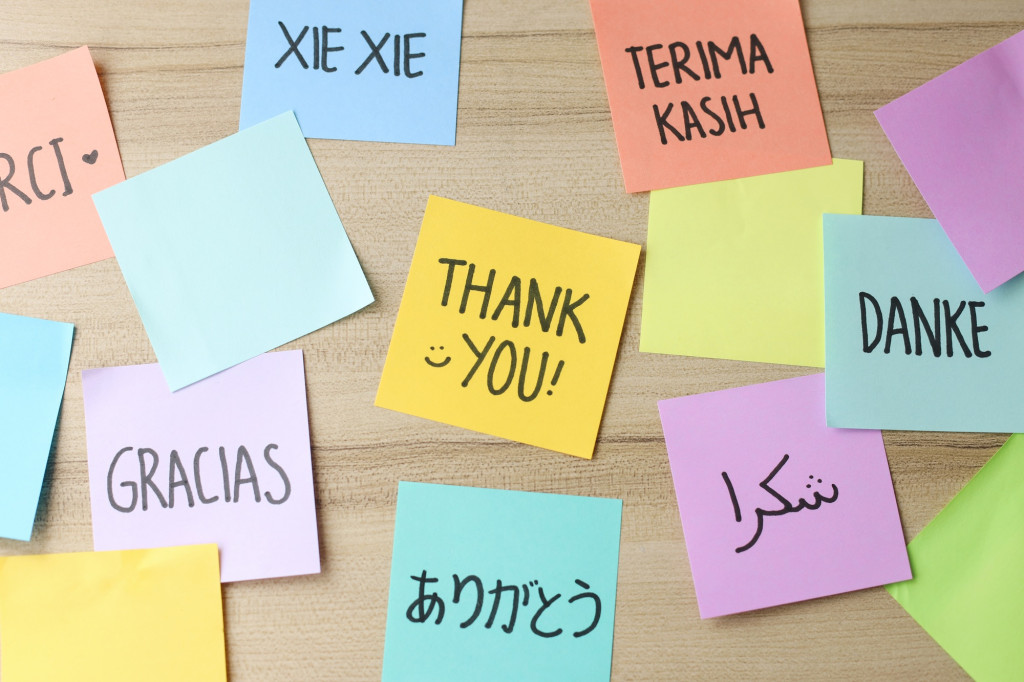Introducing WEB-T: The EU’s free tool for multilingual websites
The launch of WEB-T aligns with the European Commission’s broader initiatives to promote multilingualism and digital inclusivity. By providing a free, efficient, and user-friendly translation tool, the Commission takes a significant step towards a more interconnected and accessible European digital landscape.

In a move to enhance digital inclusivity, the European Commission has introduced WEB-T, a free multilingual website translation tool. Designed to assist website owners in making their content accessible across more than 24 languages, WEB-T aims to foster a more connected and inclusive European digital space.
Recent studies indicate that 59% of Europeans prefer consuming online content in their native language. This preference underscores the importance of multilingual accessibility, especially for demographics like the elderly, who are more inclined to disengage from content not presented in their preferred language. By facilitating translations into multiple languages, WEB-T addresses these concerns, promoting equitable access to information online.
WEB-T is designed for effortless integration into various content management systems, including WordPress, WooCommerce, Drupal, Magento, and Joomla. This compatibility ensures website owners can easily implement the tool without overhauling their platforms. The plugin not only translates visible content but also handles SEO elements like meta descriptions and image alt texts, enhancing the website’s reach and visibility in different languages.
Beyond individual website owners, WEB-T could serve as a valuable resource for small and medium-sized enterprises (SMES), non-governmental organisations (NGOS), public administrations, and academic institutions across the EU. By breaking down language barriers, these entities can expand their reach, engage with diverse audiences, and foster cross-border collaborations. The tool’s integration with the European Commission’s eTranslation service ensures high-quality translations, further supporting these organisations in their multilingual endeavours.


